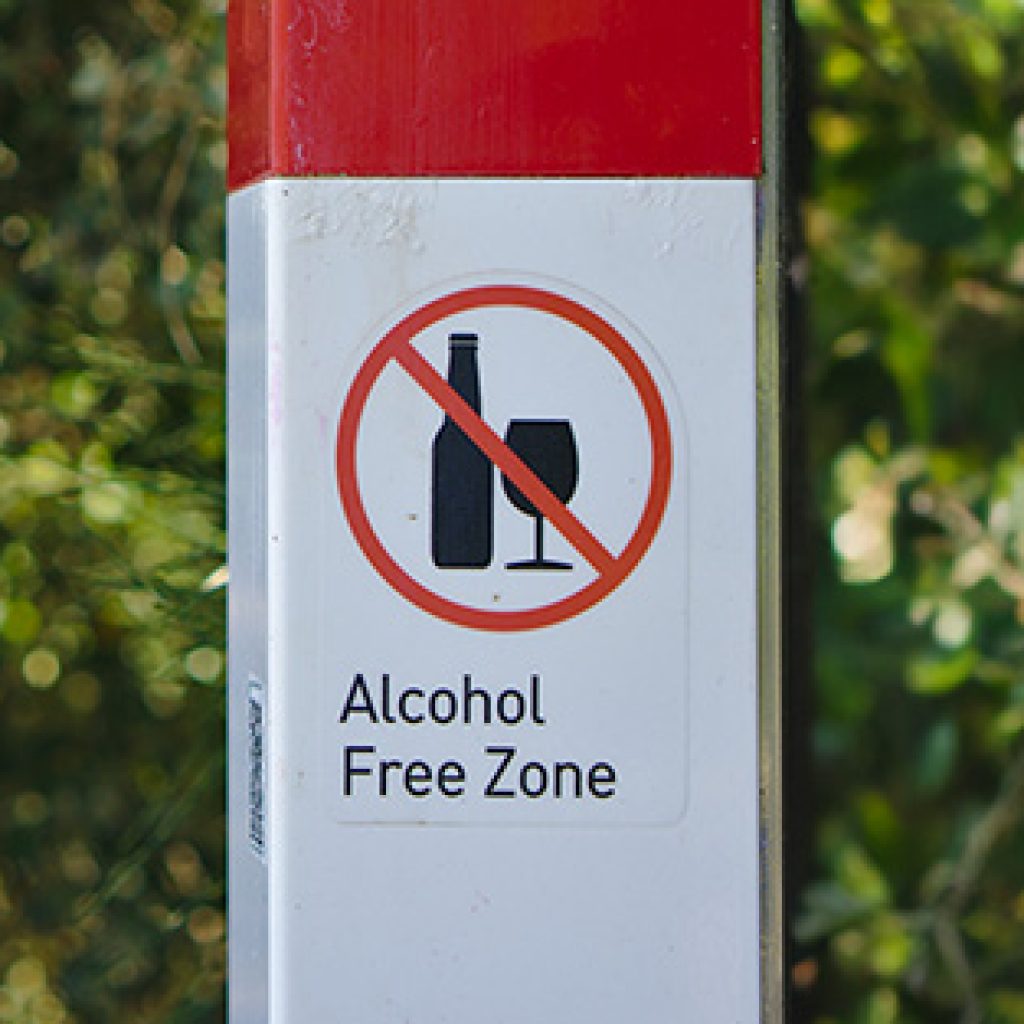Nevada’s Community Health Workers (CHWs): Part of a Winning Team!
Nevada’s Community Health Workers (CHWs): Part of a Winning Team!
Who Are CHWs?
The CDC states that “CHWs are trained public health workers who serve as a bridge between communities, health care systems, and state health departments” (Community Health Worker (CHW) toolkit 2019). Support for CHWs is documented in the Patient Protection and Affordable Care Act of 2010 which, in Section 5313, contained provisions for grants to “Promote the Community Health Workforce,” and authorized the Centers for Disease Control (CDC) to award grants to use CHWs to “educate, guide, and provide outreach in community settings” (Allen, 2015).
CHWs emerged from the concept of promotores de salud, or promotores, a Spanish term for “community health workers” (Community Health Workers (promotores), 2019). Within Spanish-speaking communities, and from the concept of providing access to health and behavioral health care, there has been little doubt that role of promotoras de salud is both culturally and linguistically appropriate. However, establishing a research base that identified the necessary training, roles, responsibilities, and contributions of early CHWs required further study, even though early CHWs were providing services at least beginning in the 1970s (Hilfinger Messias et al., 2014). Early CHWs were likely to be called by a variety of different names, such as health advisor, natural helper, or peer educator. Early CHWs in the U.S. were connected to and embedded in the communities they served as they spanned the gap between Hispanic communities and the conventional healthcare system by providing culturally competent health and social service information and culturally-appropriate health education. The Promotora model was especially successful in rural communities aiming to increase the overall health of migrant or seasonal farm workers and their families because it was felt that they would be more willing to listen to their peers about health care issues (History: MHP Salud: History of community health workers in America 2021). For a complete history of the MHP Salud and their vision for “Our populations and their communities will enjoy health without barriers: visit the MHP Salud website in English or en español.
In Nevada, a CHW is “a frontline public health worker who is a trusted member of and/or has a close understanding of the community served. This trusting relationship enables the CHW to serve as a liaison between health/social services and the community to facilitate access to services and improve the quality and cultural competence of service delivery” (Certified Community Health Workers (CHW): Nevada Certification Board 2021). According to Linda Lang, Director of the Nevada Statewide Coalition Partnership, CHWs really came into focus about eight years ago to fill a gap created by worker shortages that impacted the entire nation. At that time there was a lack of social workers in Nevada that sometimes resulted in just one social worker for an entire county to assist law enforcement with providing help with non-law enforcement social issues.
What do CHWs Do?
Social workers and case managers often handled many of the types of assistance and referrals that CHWs now do, freeing up social workers for more services that require professional licensure. According to the Nevada Division of Public and Behavioral Health, the seven core roles of a CHW include: “bridging cultural mediation between communities and the health care system, providing culturally appropriate and accessible health education and information (often by using popular education methods), ensuring that people get the services they need, providing informal counseling and social support, advocating for individuals and communities, providing direct services (such as basic first aid) and administering health screening tests, building individual and community capacity” (Community Health Workers: An Overview, n.d.). CHWs are embedded in the communities in which they work with a unique understanding of what is important to community members. They use the same language and grasp the cultural elements of the community, such as ways of thinking, believing and acting, heritage and history, values, traditions, and healthcare methods.
Nevada CHWs
Nevada has a certification process that began several years after the training courses first became available, as it was a complicated process to get through the state legislature, as was the development of CHW positions that would be reimbursable by Medicaid, which goes into effect in Nevada on January1, 2022. According to Jay Kolbet-Clausell, MSW, Program Manager at the Nevada Community Health Worker Association (NVCHWA), due to the lag time between the training courses and the availability of state certification, those who took the course during the first few years that they were offered are encouraged to apply for state certification now. Because CHW staff funding is diverse, and each source comes with different limitations and scopes of work, certification is highly recommended as it may be a requirement for funding the positions, particularly is the origin of the funding comes from state and federal grants, emergency services, or justice system interventions, states Mr. Kolbet-Clausell. For instance, the two types of CHWs are CHW I and CHW II. Medicaid reimbursement requires a CHW 1 level certification, which is the more basic level. Those pursuing the CHW course are also urged to join the NV Community Health Worker Association The individual membership is $20 per person and the benefits include:
- Priority enrollment in CHW training
- Opportunity to participate in pilot projects
- Opportunity to participate in project planning
- Ability to serve in a committee leadership role
- Access to quarterly membership webinars
Organizational memberships are also available. Information and applications can be found on the NvCHWA website.
Nevada CHW Training, Education, and Certification
Nevada has established certification for two levels of CHWs. The process of establishing CHW I and CHW II certification took several years and established CHW roles and subroles as well as required skills and subskills. A complete listing of the roles, skills, and requirements can be found on the Nevada Certification Board website under Community Health Worker Certification. Required training and continued education trainings are also listed on the website. In addition to the basic skills training, required areas of training include Ethics, Privacy & Confidentiality (HIPAA), Mental Health, and Alcohol, Tobacco and Other Drug (ATOD) training.
In Nevada there are three training paths to initial CHW Certification:
- NvCHWA: Online-Hybrid Course through Nevada Community Health Worker Association – Upon successful completion of this course, you will be issued a certificate of completion. The certificate of completion is one of the minimum requirements for CHW Certification if you wish to pursue it. More information on certification can be found here.
- CSN: In-Person CHW Training Course at College of Southern Nevada – Each CSN CHW training includes 16 sessions and all sessions are in-person in Las Vegas. No online option. Tuition costs $959.00. To register, go to the CSN websiteor call 702-651-4031.
Successful completion of the course includes:- Certificate of Course Completion (a minimum requirement for certification)
- Mental Health First Aid Certification
- CPR/ First Aid Certification
- More information here!
- TMCC: Online Course at Truckee Meadows Community College – Each TMCC CHW training is completely online. You can access the course 24/7. It estimated the course will take 8-10 hours of your time per week. Tuition costs $879.00 plus the required purchase of an e-textbook. To register, go to the TMCC websiteor call 775-829-9010.
Successful completion of this course will result in a certificate of completion being issued to you. This certificate of completion will be required should you apply to become a Certified Community Health Worker I or Certified Community Health Worker II.
Effectiveness and Benefits of CHWs
“Community health workers offer promise as a community-based resource to increase racial and ethnic minorities’ access to health care and to serve as a liaison between health care providers and the communities they serve” (Smedly et al., 2003). In addition to the improvements in determinants of health, cited by Smedly et al., one study found visits to the emergency room were reduced, hospitalizations fell, overall cost per patient was reduced, and hospitals made more money (Matos, 2014). Additional success stories of CHWs in a variety of settings can be found on the Health Equity page of the CDC.
Looking Toward the Future
In preparation for the many settings that can benefit by employing CHWs, the NVCHWA is preparing to offer a CDC grant-funded class for employers in 2022. The Nevada Certification Board is also preparing to offer endorsements for the Primary Care setting, and work with the Nevada Early Childhood Advisory Council – Child & Family Health Subcommittee has worked on an Early Childhood Endorsement for CHWs. In the private sector, Renown has used CHWs in their Community Care Management program for Chronic Care Management and has found a 2:1 savings equivalent in chronic disease outcomes of CHW work in Nevada, including significantly reduced hospital admissions and readmissions for high risk patients using “Access CHWs” to help newly discharged patents with access to services such as managing appointments and getting transportation as just one example. The future looks bright for CHWs, those who employ them, and patients who are fortunate enough to have them to help navigate the increasingly complicated healthcare system.
Your Turn: Are you a CHW or do you use them in your practice? Share your experience in the comments below.
Resources
Related CDC Web Sites

CDC Resources
E-Learning Course from CDC: Promoting Policy and Systems Change to Expand Employment of Community Health Workers (CHWs)
Abstract: Community Health Workers: Part Of the Solution
American Public Health Association (APHA)
American Public Health Association – 2009 Policy Statement on CHWs
Article: Advancing Community Health Care Worker Practice and Utilization: The Focus on Financing
CDC CHW Brief pdf icon[PDF-1M]
Centers for Medicare & Medicaid Services (CMS)
Nevada CHW and Related Resources
Community Health Worker Certification
Certified Prevention Specialist Certification
IC&RC Peer Recovery & Support Specialist Certification
NV Community Health Worker Association
References
Allen, Caitlin. (2015). Addressing Chronic Disease through Community Health Workers: A Policy and Systems-Level Approach.
Centers for Disease Control and Prevention. (2019, June 18). Community Health Worker (CHW) toolkit. Centers for Disease Control and Prevention. Retrieved December 1, 2021, from https://www.cdc.gov/dhdsp/pubs/toolkits/chw-toolkit.htm.
Centers for Disease Control and Prevention. (2019, September 17). Community Health Workers (promotores). Centers for Disease Control and Prevention. Retrieved December 1, 2021, from https://www.cdc.gov/minorityhealth/promotores/index.html.
Certified Community Health Workers (CHW): Nevada Certification Board. Nevada Certification Board |. (2021, March 19). Retrieved December 1, 2021, from https://nevadacertboard.org/certified-community-health-workers/
Community Health Worker Program; Chronic Disease Prevention and Health Promotion Section; Nevada Division of Public and Behavioral Health. (n.d.). Community Health Workers: An Overview. Nevada Wellness. Retrieved from https://dpbh.nv.gov/uploadedFiles/dpbhnvgov/content/Programs/CHW/Docs/CHW%20-%20An%20Overview%20final.pdf.
History: MHP Salud: History of community health workers in America. MHP Salud. (2021, March 2). Retrieved December 2, 2021, from https://mhpsalud.org/about-mhp-salud/history/
Messias, D. K., Parra-Medina, D., Sharpe, P. A., Treviño, L., Koskan, A. M., & Morales-Campos, D. (2013). Promotoras de Salud: roles, responsibilities, and contributions in a multisite community-based randomized controlled trial. Hispanic health care international : the official journal of the National Association of Hispanic Nurses, 11(2), 62–71. https://doi.org/10.1891/1540-4153.11.2.62
Smedly BA, Stith AY, Nelson AR, eds. Interventions: Systemic Strategies. In: Unequal Treatment: Confronting Racial and Ethnic Disparities in Health Care. Washington, DC: National Academies Press; 2003: 195
Blog Post Tags:
Related Blog Posts
Related Learning Labs
Related Resources
.
- Buscar Tratamiento de Calidad para Trastornos de uso de Sustancia (Finding Quality Treatment for Substance Use Disorders Spanish Version)
- Finding Quality Treatment for Substance Use Disorders
- Focus On Prevention: Strategies and Programs to Prevent Substance Use
- Monthly Variation in Substance Use Initiation Among Full-Time College Students
- The National Survey on Drug Use and Health (NSDUH) Report: Monthly Variation in Substance Use Initiation Among Adolescents








